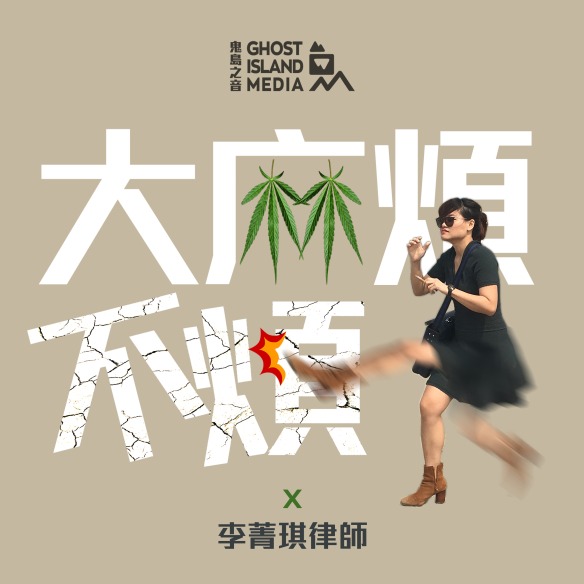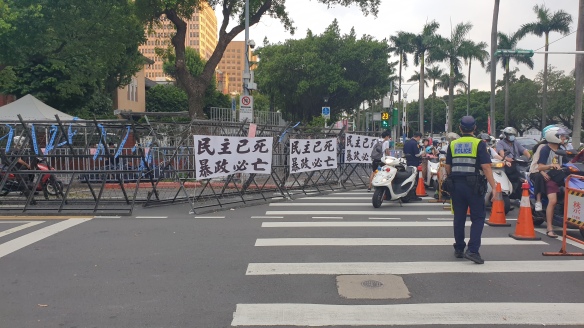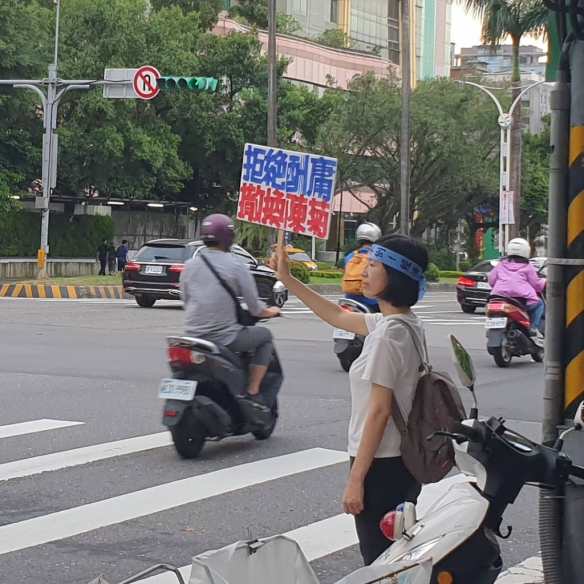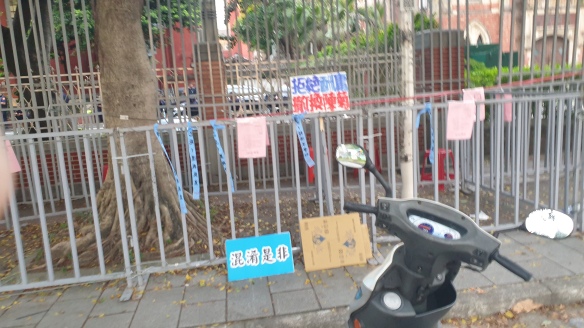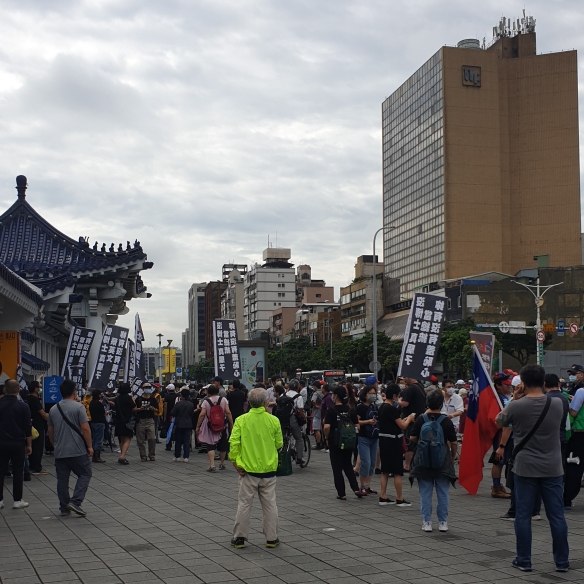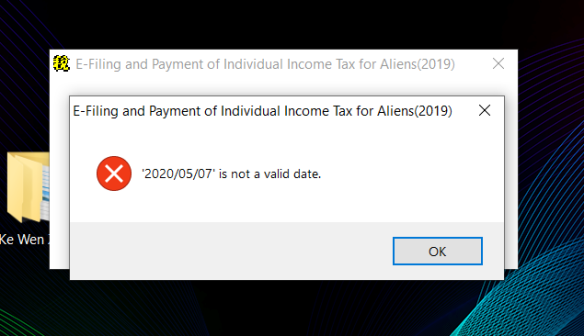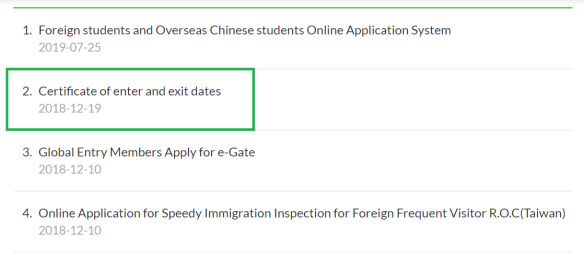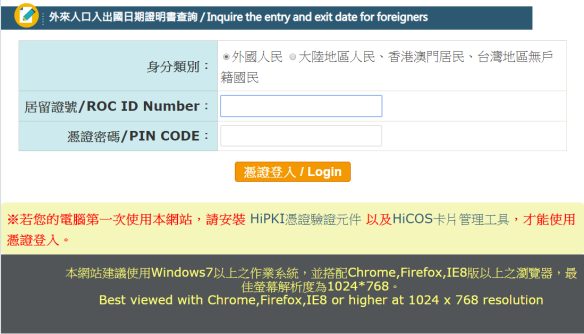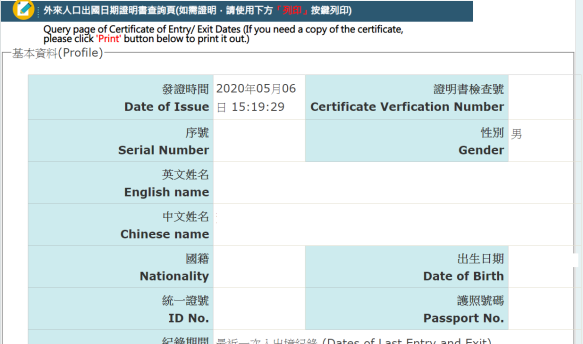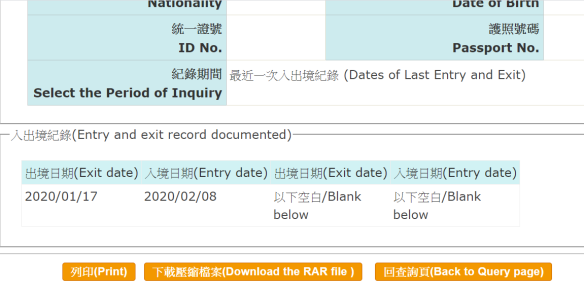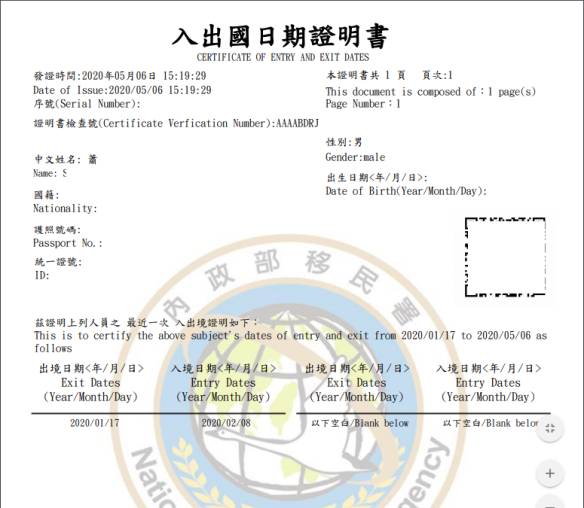
A friend recently came to Taiwan and completed their quarantine without a hitch. They were a little confused by the conflicting information about the NT$1000/day subsidy though, whether or not they were eligible and how to apply.
Eligibility requirements:
- In receipt of a quarantine notice
- Applications must be made AFTER completing quarantine
- No rule breaking during quarantine
- Not in receipt of salary or other compensation during quarantine period
- Have not departed Taiwan on an unnecessary trip* to another country or region with a level 3 warning from March 17 onwards. (necessary trips include siblings weddings and funerals of relatives to third degree (incl. aunts, uncles, nephews, grandparents, grandchildren) and business trips.)
- Filled out your quarantine notice information accurately and completely.
- Taiwanese nationals and ARC/resident visa holders can apply for the subsidy, while foreigners without residence cannot (from June 17 onwards).
Note: If you enter on a resident visa that you subsequently swap for an ARC and your period of quarantine overlaps with the period of residence with the resident visa you can still collect the subsidy.
If you’re still not sure, you can check your eligibility by calling the 1957 hotline.
Applying in person:
To apply in person you need to go to the counter of the District Office (區公所) of the district in which you completed your quarantine. If your quarantine hotel was in Wanhua, for example, you’d have to apply here:
10-12F, No.120, Sec. 3, Heping W. Rd., Wanhua Dist., Taipei City 108, Taiwan (R.O.C.).
Tel: 886-2-2306-4468 https://whdo.gov.taipei/
You’ll need your ARC, your passport and evidence of no income (unless you’re a student).
Applying online:
You can only apply online if you’ve already got a Taiwanese bank account. You should have your passport and ARC handy.
Open this website in Chrome:

Click on the green box 「隔離檢疫者防疫補償申請」 (apply for quarantine subsidy).
On the next page, it will ask you to tick a box, showing that you’ve read the terms and conditions and that you will provide accurate information. Then you follow the remaining prompts to fill in your personal info (maybe get a Taiwanese friend to help if your Chinese isn’t up to it).
If anyone has more accurate information on this process, feel free to send it to me so I can update the post!
There are six stages and once you’ve submitted your application, you can click the yellow box above to check on your application status or make alterations.









